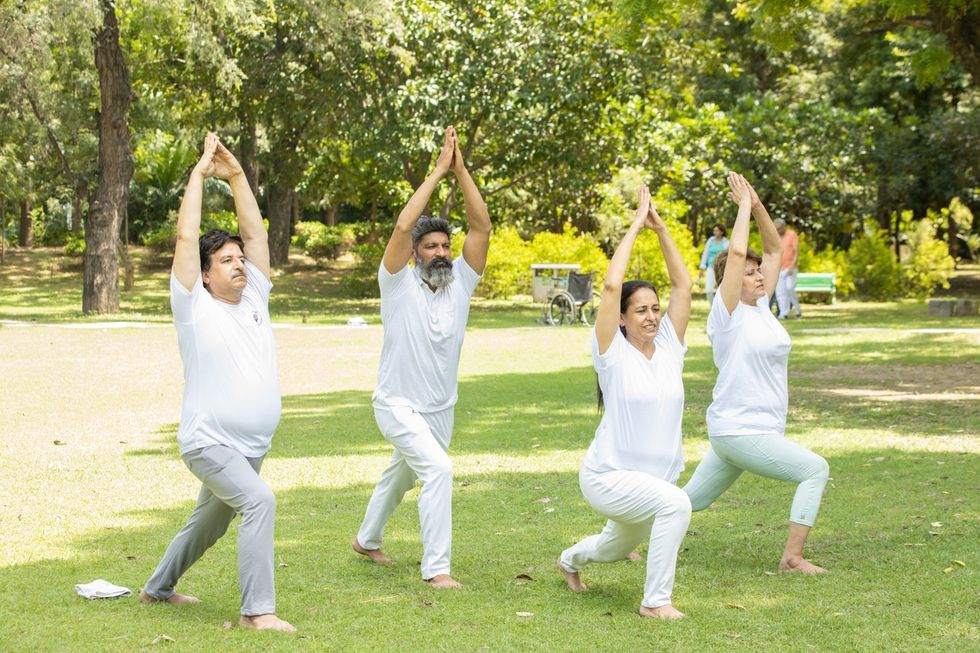I recently joined the incredible team at the Asian Sports Foundation. It is an honour to work alongside passionate individuals such as Shazia Ali, Harleen Kaur and Angus Martin. Since it was founded by Jug Johal, the Asian Sports Foundation has worked to transform inactivity into active living, promoting better wellbeing and greater representation of Asian communities in sport and physical activity.
This is a cause close to my heart. The undeniable power of sport and movement to improve both physical and mental health cannot be overstated. It is a message I have consistently championed, alongside a commitment to equity and inclusion, which is why I am so excited to contribute to a charity that truly embodies this ethos.
In recent weeks, my conversations with Parkinson’s UK and various Asian community groups about boosting wellbeing through activity have shed light on a critical issue: Parkinson’s is on the rise, yet awareness and support remain limited, especially within South Asian communities. The stories I have heard have been deeply moving and point to a pressing need for change.
One person told me about their family’s experience. “We didn’t know much about Parkinson’s at the time,”
They said – a sentiment echoed by many. There is little information about the condition within the community, and it is often shrouded in stigma. In some circles, it is even viewed as a ‘curse’. The diagnosis came as a devastating blow. “We were shocked. All our dreams and plans to see the world came crashing down.” Their honesty reflects the profound emotional impact and isolation many families face.
For those unfamiliar, Parkinson’s is a complex, progressive brain condition. It is the fastest-growing neurological condition in the world, affecting around 153,000 people in the UK. With over 40 symptoms – ranging from tremors and pain to anxiety – and no known cure, the challenges are immense. But staying active and connected can make a real difference.

This is where organisations like Parkinson’s UK are so vital. They support people at every stage of the Parkinson’s journey, and their efforts to raise awareness in marginalised and ethnic communities are commendable. Their work builds on a strong foundation, which includes local events, essential support services and a pioneering Race Equality in Research programme, aimed at improving understanding and treatment across all communities.
My aim – and a key focus for the Asian Sports Foundation – is to amplify these efforts through inclusive, impactful programmes. We want to act as a bridge, connecting communities with the support and information they need. If you or someone you know is
experiencing symptoms, please know that you are not alone. The journey can be overwhelming, but there are people who care and resources that can help.
I would genuinely love to hear from you. Share your experiences, tell me how we can help, and if you are part of a grassroots community group, let us work together to break the silence and build a more informed, supportive environment for all.
For more information visit www.parkinsons.org.uk & www.asiansportsfoubdation.org and follow Mita Mistry on Instagram: @itsmitamistry




